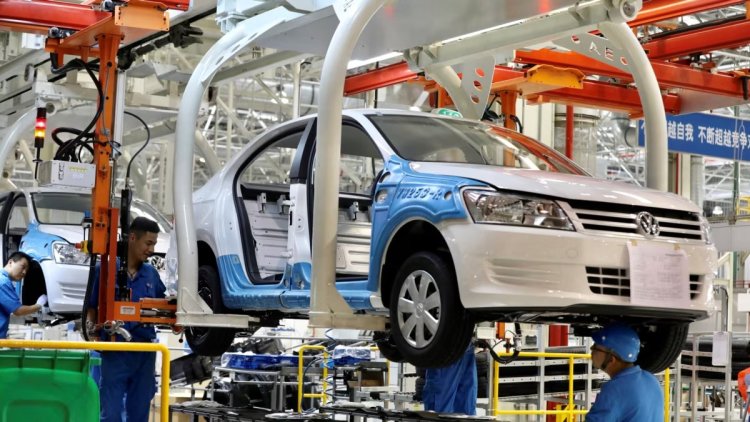Volkswagen exits Xinjiang amid human rights pressure

Volkswagen has announced its complete withdrawal from China's Xinjiang region, selling its operations there to Shanghai Motor Vehicle Inspection Certification (SMVIC), a Shanghai government-owned company. The decision comes amid sustained international criticism over human rights concerns in the region, particularly regarding the treatment of Uyghur Muslims and other ethnic minorities.
The German automaker, along with its Chinese partner SAIC Motor, confirmed the sale includes both the manufacturing facility and associated test tracks in Xinjiang and near Shanghai. While financial details weren't disclosed, the company assured that current employees would maintain their positions under new ownership. The plant, which previously had a 50,000-vehicle annual production capacity, had already ceased vehicle assembly in 2019 and was only conducting inspections.
This exit represents a significant shift for Volkswagen, which had faced mounting pressure from global investors and activists over its presence in Xinjiang, where China has been accused of operating "re-education camps" housing over a million Uyghurs. Despite previously claiming independent audits found no evidence of forced labor at its facilities, the persistent controversy and stakeholder concerns ultimately influenced the company's decision.
However, Volkswagen isn't abandoning the Chinese market entirely. The company has extended its partnership with SAIC until 2040, focusing on electric vehicle development with plans to launch 18 new models by 2030. This strategic pivot comes as Volkswagen attempts to regain market share in China, where it has lost its position as top-selling car brand to local EV manufacturer BYD.
The move reflects broader industry trends as automotive companies balance ethical considerations with market dynamics. Volkswagen's exit from Xinjiang while maintaining its broader Chinese presence demonstrates the complex navigation of geopolitical challenges while pursuing business growth, particularly in the rapidly evolving electric vehicle sector.















